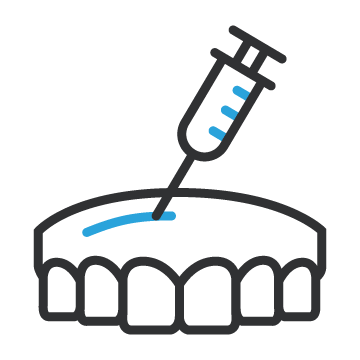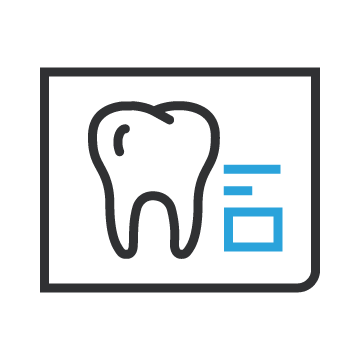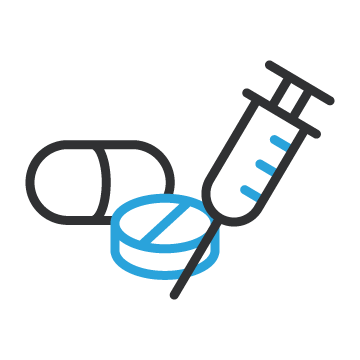After Procedure
Post Extraction Care
Rest is the key to recovery after having teeth extracted. The anesthesia will leave you incapable of driving, so a family member or friend will have to accompany you. It is completely normal for the extraction site to bleed for some time after surgery. At the end of the procedure, gauze will be applied and it will need to be changed once it becomes soaked. Should you be bleeding for more than twenty four hours, you should contact your dentist. When you are resting, you should not lie flat. Doing so may cause the bleeding to last longer. Use a pillow to prop your head up if you decide to lay down. Pain medication may be prescribed to you and you should take it as directed if you are in pain. Ice packs can also help with discomfort. A cleaning solution might also be recommended by your dentist.
Post Extraction Care
Recommended Foods
Should you drink anything, you should not use a straw. The motion of sucking through the straw can cause your sutures to become loose, as well as slow down the clotting process. Smoking is also not recommended. Should you have bleeding, irritation, pain for an extended amount of time, or improper healing you should contact your dentist to schedule a visit.
Soft Foods
- Mashed potatoes
- Thin soups
- Gelatin
- Ice cream
- Yogurt
- Pudding
- Any food that does not require chewing
Post Extraction Care
Specialty Extractions
Multiple Tooth Extractions
Removing one or two teeth in a procedure is quite common. When multiple teeth are extracted, this requires that the jawbone be reshaped and removed to prepare for a denture. After a procedure removing multiple teeth, it is normal to experience an extreme amount of swelling inside your mouth as well as around your eye. Some bruising around the eye is normal as well. This can be reduced with a warm compress. The muscles around the extraction site may be sore after the surgery. This can also lead to a sore throat. You may also experience some dryness and cracking at the corners of your mouth from being stretched open during the procedure. Most of the time there will be a follow up visit scheduled at least two days after surgery to check on any post-surgery symptoms you may have, as well as answer any questions.
Wisdom Tooth Removal
There is some post-operative care that is required after having a wisdom tooth removed. These instructions will lessen that chance that an infection will develop or a complication will arise. Right after surgery has been completed, a gauze pad will be placed on the extraction site. This needs to stay in place for at least forty-five minutes. It should then be thrown out. Do not drink anything using a straw and avoid rinsing your mouth. Doing so could dislodge the blood clot that has formed or disrupt the sutures. You should limit your physical activity that day. Rest and relax. Regular activities can be resumed the next day. As the local anesthetic wears off, you should take your pain medication, as it has been prescribed, to reduce the amount of pain you feel.
Impacted Tooth Removal
When there isn’t enough space for a tooth to come in, it becomes impacted and growth is inhibited. When you’ve had an impacted tooth removed, you’ll experience slight discomfort and swelling. This is completely normal and should not be a cause for concern. Using a cold compress may relieve some of the swelling. You dentist will also prescribe a pain medication that should be taken as directed. It is also recommended that you change your diet accordingly and favor the extraction area to aid in the healing process.
Post Extraction Care
Related Instructions
Root Canal
Root canals are perhaps the most infamous procedures in dentistry and the most frequent when relating to endodontics. Should a tooth become…
Dental Implants
Dental implants are a permanent option that can replace any missing or extracted teeth. Unlike bridges, dental implants often are a better solution because there is no need to…
Bone Grafting
This procedure is routinely done and used for dental implants and other periodontal procedures. The bone used in a graft is a sample taken…




